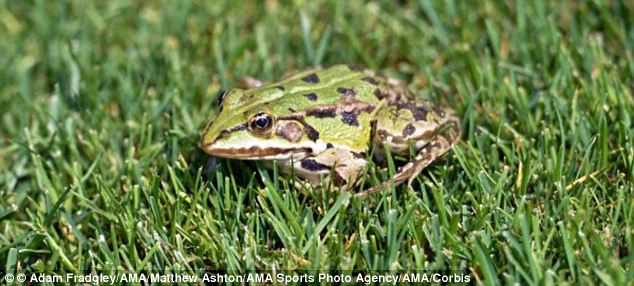
Scientists are sceptical about animal rain. Odzaci, in Serbia, has supposedly been pelted by frogs, and perch have fallen on Lajamanu, Australia. After tadpoles rained on the Japanese cities of Nanao and Hakusan in 2009, it was suggested birds dropped them but this has never been proved
In January 1917, biologist Waldo McAtee presented a paper to the Biological Society of Washington, rather disturbingly entitled Showers of Organic Matter. The paper’s contents list reads like a recipe for a witch’s potion, covering everything from hay and flesh to ants and toads. In the eight-page report, he dispenses with more spurious claims, while seeming to accept salamander larvae raining down on Minnesota, and showers of sprats, whitings and herrings in the UK.
Odzaci, in Serbia, has supposedly been pelted by frogs, and perch have fallen on Lajamanu, Australia. After tadpoles rained on the Japanese cities of Nanao and Hakusan in 2009, it was suggested birds dropped them. If this were true, though, the tadpoles should have been more widely distributed. Scientists are sceptical about animal rain, but one simple explanation by a French physicist in the 19th century is that high winds pick up and drop the animals.
A slightly more complex theory involves a ‘tornadic waterspout’ – a tornado that crosses a pond or lake, sucking in aquatic life as it goes. Fish might be pulled in by the vortex and deposited wherever the waterspout runs out of steam. However, while there seems to be tentative agreement that this would be possible, there are no scientific studies that confirm it. McAtee was more concerned with how these chance events might serve population dispersal. ‘Fishes are fated to fall where they cannot survive,’ he wrote. ‘Their inability to live long out of water strictly limits the possibilities of their deriving advantage by wind transport.’
No comments:
Post a Comment